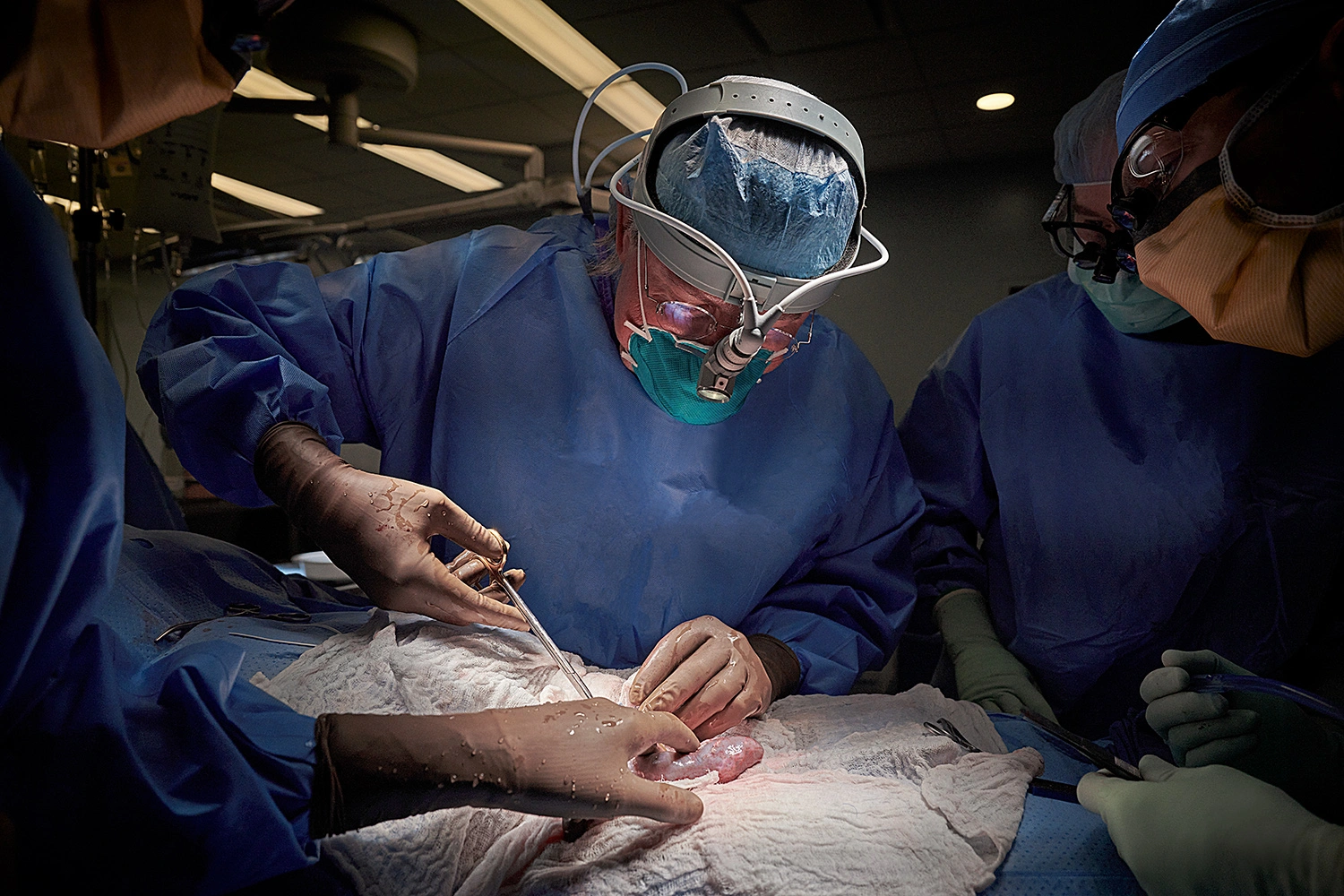Chinese scientists have achieved a medical first by successfully connecting a brain-dead patient with a gene-edited pig liver.
This significant step forward demonstrates xenotransplantation’s potential to mitigate the severe shortage of human organs available for transplant.
The genetically modified Yucatan minipig’s liver functioned without showing signs of rejection for three days.
Behind this breakthrough are companies like eGenesis, United, and Makana Therapeutics, aiming to develop organs invisible to the human immune system to prevent rejection.
Their efforts focus on gene-editing techniques that allow pig organs to be accepted by human bodies, offering hope to thousands awaiting organ transplants.
The procedure, known as extracorporeal support, involves using the pig liver externally to aid patients suffering from acute liver failure.

This method could serve as a crucial bridge to human liver transplantation or support liver recovery due to its regenerative properties.
The OrganOx device was used in the experiment to maintain the pig liver’s functionality by circulating the patient’s blood through it.
However, adapting pig livers for human transplantation poses unique challenges.
Unlike kidneys and hearts, pig livers could trigger a stronger immune response because they produce certain molecules, even with genetic modifications.
This innovative approach addresses the urgent global need for more organ transplants, with countless patients facing organ failure each year.
It combines biotechnology with medical research to explore xenotransplantation’s ethical and environmental aspects, promising future solutions for organ transplant shortages.
As the medical community edges closer to conducting clinical trials for pig-to-human organ transplants, there is growing excitement about the potential integration of these advances into mainstream healthcare.
This could fundamentally transform the organ transplantation landscape, offering new hope to patients worldwide.

